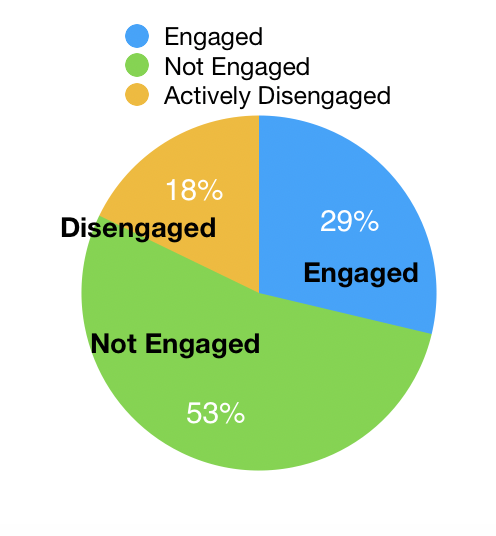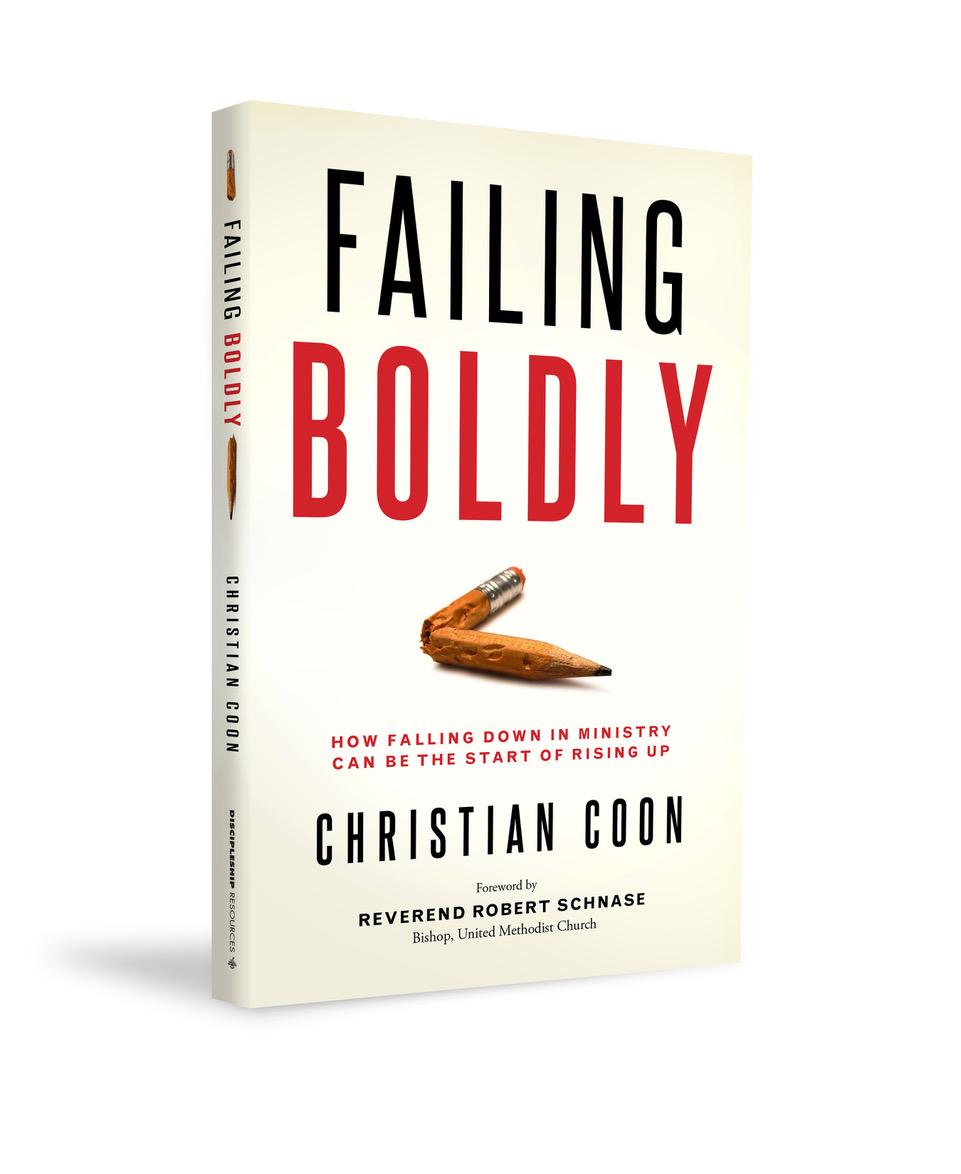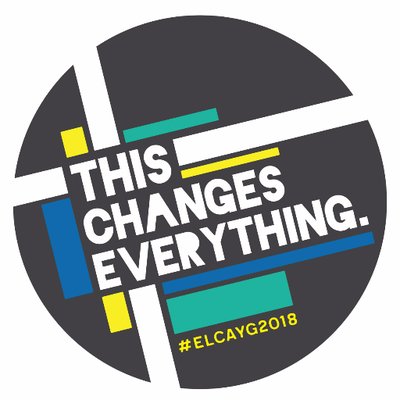It’s been a season. And it’s been awhile. Maybe you can relate.
This morning I had some space to be. I don’t know about you, but I need that kind of space every now and then. This “being” is a moment to get in touch with what is going on within me and outside me. It is also a chance to think, to step off the treadmill of the past few weeks…even months, if I’m honest…and dwell in the present, reflect on the past, and wonder about the future. If you haven’t taken some time to be lately, I encourage you to do so.
Dwell
Today I’m tired, coming off several weeks of travel and the beginning of Lent and a new semester, it’s been a lot, but this tired is the good kind of tired – the kind of tired that is rewarding, filled with meaningful work and great colleagues; the kind of tired that is making a difference in the world and in people’s lives. Truth be told, I’ve not been able to say that about every season of my life, so today I give thanks — for friends, family, and colleagues that make my life rich and the world a vibrant place.
Reflect
I’m a year into a new job as dean of academic affairs and 4 months into a new call as the pastor of hybrid ministry. Two big transitions, both going well and challenging me in good ways. As I reflect back, the thing that was hardest to navigate was living into the reality that the generation ahead of me is aging and I need to give more of my time and energy to them. I’m not only ok with that work, I’m also grateful for all the ways elders (within and outside my family) have supported and nurtured me. Now I have a role to play. What will I do? How will we (the next generation) step in? The conversations are different. The activities that fill our days have changed. I’ve attended more funeral this year. I’ve learned about the hard aspects of aging and am discovering how to accompany my parents and in-laws. I’ve needed to learn new skills and competencies and am very aware that this new role is here to stay. I pray for grace and wisdom in the year ahead.
Wonder
The future comes with hope and curiosity. I am returning to in-person gatherings, traveling more, and worrying less about COVID. Those are good things. I’m able to reconnect with colleagues, family, and friends in multiple ways. I’m thinking about vacations again, and looking forward to time away exploring new places. And baby Foster will be born in June. All of it – the big and the small – feel important. Ordinary dinners with family, grabbing coffee with colleagues, and trips celebrating milestone birthdays all contribute to restoring the social ecology COVID disrupted. That feels good and hopeful. So with that foundation being rebuilt, I’m curious where the Spirit will grab my attention. I wonder what new experiences lie ahead. And I pray for an open heart to take it all in.
What do you wonder? What reflections stand out for you? What are you dwelling in today?
Terri








